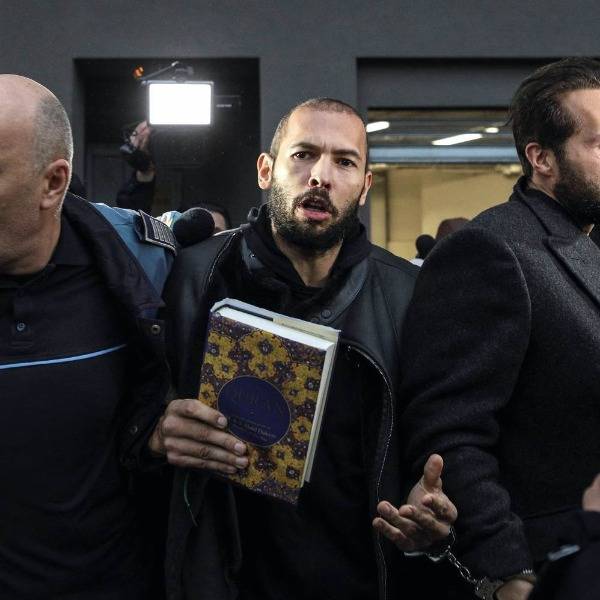
This article is a preview from the Summer 2020 edition of New Humanist
On Trial For Reason: Science, Religion and Culture in the Galileo Affair (OUP) by Maurice A. Finocchiaro
A hazy familiarity with the story of Galileo Galilei might give one the false impression that the man was a non-believer who stuck two fingers up at an institution he didn’t believe in. But Galileo was a Catholic, and as Maurice A. Finocchiaro’s new book on the scientist’s scandal explains, less of a rebel than contemporary opponents of the Church might think.
Born in 1564, Galileo was unfortunate to be alive in the time that he was. His troubles developed “during a time of violent struggle between Catholics and Protestants”, Finocchiaro explains. Primarily in response to the Protestant Reformation of 1517, the Catholic Church went on to establish various committees, its eyes peeled for any slight on its values. In 1542, Pope Paul III instituted the Congregation of the Holy Office to defend Catholic morals. Galileo and the Church were always going to collide.
Conventional wisdom in the 16th century was that the Earth was round, that it stood still, and that it was at the centre of the Universe. This solipsistic stance chimed with scripture: Psalm 104:5 says that God “laid the foundations of the Earth, that it should not be removed for ever”; Joshua 10:12-13 speaks of the Sun, not the Earth, being in motion. Challenging the notion that Earth and man were central fixtures in the firmament was a huge risk – as Galileo would discover.
By 1615 he was unambiguous: “I hold that the Sun is located at the centre of the revolutions of the heavenly orbs and does not change place, and that the Earth rotates on itself and moves around it.” Finocchiaro describes the complex findings of Copernicus and Galileo – which could be summarised as the discovery that the Earth rotates and is not at the centre of the Universe – as “the most significant breakthrough in the whole history of science”. What remains astounding, 400 years on, isn’t necessarily that the Church believed the Earth to be motionless; we have to appreciate the relative poverty of scientific understanding at the time. What still has the power to shock is the tone in which Galileo’s observations were received: not as strange claims to be investigated, but as institutionally and personally offensive blasphemies that had to be suppressed.
Finocchiaro, already the author of two books about Galileo, details the way in which the scientist’s Dialogue Concerning the Two Chief World Systems led to his inquisition trial. The comprehensive account is full of information likely to be new to the reader. Galileo was not actually imprisoned – he was sentenced to various forms of house arrest – but he was literally told to stop believing the Earth rotates around the Sun. This grotesque edict is one of the many examples in which the Church comes out of the book looking pathetic. Unfortunately, while it is clear that Finocchiaro believes that Galileo suffered a miscarriage of justice, his language muddies the water. Near the end of the book he says we are still grappling with whether the condemnation of Galileo “was right or wrong”. We are not.
There is a lot of science in the account, making it rather a slog at times. No book on Galileo could fail to devote space to explanations of his scientific theories, but Finocchiaro seems to be writing for an audience of scientists, and the result is around 100 pages of eyelid-lowering stuff. And elsewhere, where a more gifted storyteller might enrich proceedings with drama, Finocchiaro writes with the disciplined but rather dull detachment of an academic.
Centuries on, we look at Galileo’s persecution as “odious and cruel”, as Guglielmo Libri wrote in 1841. The Church’s vengeance “deprived humanity of the new truths which his sublime mind might have discovered”. Though Finocchiaro’s account could certainly be more scintillating, it is a necessary reminder of the shame the Church should feel to this day. When it had the chance to stand on the right side of history, it wilfully and deliberately chose to uphold dogma and ignorance. This should never be forgotten.

